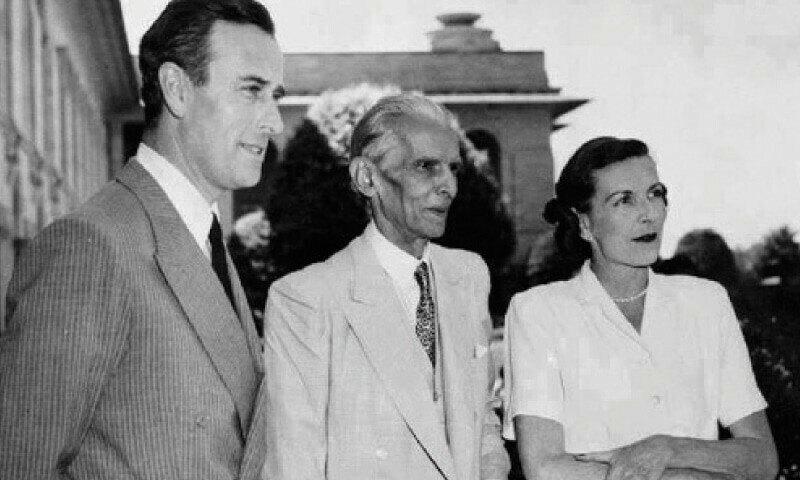Comedian Hasan Minhaj rebuts New Yorker article claiming he made up incidences of racism
Indian-American comedian Hasan Minhaj has rebutted a September 15, 2023 article by The New Yorker claiming he made up several instances of racism he mentioned on his shows. He said he was addressing the claims because the article made it seem as if he “is a con artist who uses fake racism and Islamophobia to advance his career”. “Because after reading that article, I would also think that.”
“With everything happening in the world, I’m aware that even talking about this now feels so trivial, but being accused of faking racism is not trivial. It is very serious and demands an explanation,” Minhaj said in a rebuttal video posted to his official YouTube page. The publication is standing by its reporting.
In The Patriot Act, Minhaj’s show for Netflix, and Hasan Minhaj: The King’s Jester, the comedian uses personal anecdotes to tell stories. The article, titled Hasan Minhaj’s “Emotional Truths”, implied that those anecdotes often didn’t happen — Minhaj said in his rebuttal video that that’s not true.
“I just want to say, to anyone who felt betrayed or hurt by my standup, I am sorry. I made artistic choices to express myself and drive home larger issues affecting me and my community and I feel horrible that I let people down. And the reason I feel horrible is because I’m not a psycho. But this New Yorker article definitely makes me look like one.”
Calling the article “needlessly misleading”, he said, “The truth is, racism, FBI surveillance and threats to my family happened.” He discussed three incidents — the prom rejection, an FBI informant run-in and an anthrax scare.
Prom
Speaking about The New Yorker’s take on the central premise of his 2017 Netflix special Homecoming King, Minhaj said The New Yorker deliberately made it seem as if the entire incident was false. In his show, he said that his date’s family told him when he arrived at their doorstep that they didn’t want him to take her to prom because they had to send the photographs to their family and didn’t want him — a brown man — to be in them.
He clarified that his date’s mother actually said that to him days before prom, but said that she did say it. The article, however, made it seem as if race wasn’t a factor in his rejection.
Providing emails and texts with the woman in question and recordings of his interview with the publication as evidence, Minhaj said he changed the name of the girl to Bethany Reed to protect her identity. “[The article] makes it sound like he got friend zoned by her and turned into an angry incel who created a fake racism situation to get back at her.”
He shared emails and texts with “Bethany” in which she affirmed their friendship and confirmed that her family did indeed display racism towards him. “I don’t appreciate The New Yorker implying that I made up racism,” he said, accusing the publication of misleading readers by splicing two different quotes together. He also shared evidence illustrating that he didn’t humiliate and dox “Bethany”, including messages from her after a show in which she complimented him and thanked him for “protecting her and her family.”
FBI informant
Addressing the FBI informant story in his King’s Jester special, Minhaj described how in the show he “met and was harassed by an FBI informant named ‘Brother Eric’ and talk[ed] about how he tried to trap me at a gym and when I made fun of him, he slammed me against the hood of a cop car”. “The truth is — I did have altercations with undercover law enforcement growing up and that experience formed the basis of this story but it didn’t go down exactly like this. So I understand why people are upset. People face real danger at the hands of the police and false stories can undermine real stories and I am sorry that I added to the problem,” he said.
“My intention wasn’t to take away from these stories, it was to spotlight them through my special,” he said, adding that is why he used this story to talk about Hamid Hayat — a fellow community member who was entrapped and spent 14 years in prison, “rocking their community”. He included a text from Hayat, who said he had nothing but love for Minhaj and asserted that he hadn’t diminished his story in his special.
“This is not an excuse, it’s an explanation of my process,” he asserted, explaining that he needs to present stories in a funny and impactful way and that he had to set up three plot points. He claimed that if he didn’t do it in the way he did, Netflix audiences wouldn’t get it. The comedian said earlier versions of this story were told at other shows, but people had “no idea what I was talking about” because they had no knowledge of how the FBI infiltrated mosques and muslim communities or didn’t believe it.
It sounds insane but it’s true, he said. “Footage used in my special proves it was very real and very stupid and I wanted to recreate that feeling that only Muslims felt for a broad audience.”
Calling it “artistic intent,” he said he told The New Yorker this, backing it up with voice clippings from the interview. He said the reporter was more concerned about the FBI informant than the actual story and it felt “very weird”.
Anthrax scare
He then talked about how he said in his last special that he received a letter in the mail and when he opened the letter, white powder fell on his daughter and they had to take her to the hospital only to find out it was not really anthrax.
“This was not how it went down, but let me just say I’m sorry for embellishing the story or if anyone was worrying about me and my family, I apologise, but let me make something clear — a letter with white powder was sent to my apartment in February of 2019.”
Minhaj said he opened it and white powder fell a few feet away from his daughter, and he quickly realised it wasn’t anthrax and that someone was “f*****g” with him, because people had been doing so since January of the year after an episode of his show was pulled at the request of the Saudi crown prince.
He spoke about the threats he received and how security was increased for him and his family. He said his concerns were all real, as was the danger. “Bina and I decided to keep the anthrax scare private because Netflix might shut down the show,” he said.
The comedian said he created the hospital situation to put the audience into the same shock and fear that he and his wife felt, and added the investigator character because people in his life felt his wife was coming off “super naggy” in previous versions of the episode. He gave her lines to other characters so that her perspective was represented in other ways that didn’t reflect poorly on her.
“I told the story to put the audience on the roller coaster ride we were both experiencing at the time,” he said.
In his video, Minhaj separated his persona into two — a storytelling comedian and a political comedian, where facts always come first.
“In my work as a storytelling comedian I assumed that the lines between truth and fiction were allowed to be a bit more blurry and I totally get why a journalist would be interested to know where that line sits,” he said, expressing his wish that she had checked the shows of his peers to establish how far out of bounds he was in relation to others of his ilk.
“If the reporter was genuinely curious about the idea of truth in standup they would have had to report that the majority of my stories are true. But their article led with the opposite.”














